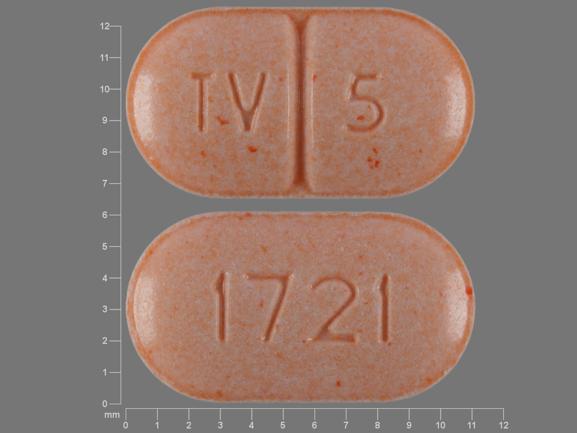Warfarin Interactions
There are 682 drugs known to interact with warfarin, along with 8 disease interactions, and 6 alcohol/food interactions. Of the total drug interactions, 179 are major, 432 are moderate, and 71 are minor.
- View all 682 medications that may interact with warfarin
- View warfarin alcohol/food interactions (6)
- View warfarin disease interactions (8)
Most frequently checked interactions
View interaction reports for warfarin and the medicines listed below.
- Advair Diskus (fluticasone / salmeterol)
- Aspir 81 (aspirin)
- Aspirin Low Strength (aspirin)
- Calcium 600 D (calcium / vitamin d)
- Crestor (rosuvastatin)
- Cymbalta (duloxetine)
- Eliquis (apixaban)
- Fish Oil (omega-3 polyunsaturated fatty acids)
- Flomax (tamsulosin)
- Lantus (insulin glargine)
- Lasix (furosemide)
- Lexapro (escitalopram)
- Lipitor (atorvastatin)
- Lyrica (pregabalin)
- Metoprolol Succinate ER (metoprolol)
- Metoprolol Tartrate (metoprolol)
- MiraLAX (polyethylene glycol 3350)
- Nexium (esomeprazole)
- Norco (acetaminophen / hydrocodone)
- Plavix (clopidogrel)
- Spiriva (tiotropium)
- Symbicort (budesonide / formoterol)
- Synthroid (levothyroxine)
- Tylenol (acetaminophen)
- Vitamin B12 (cyanocobalamin)
- Vitamin C (ascorbic acid)
- Vitamin D2 (ergocalciferol)
- Vitamin D3 (cholecalciferol)
- Xanax (alprazolam)
- Zyrtec (cetirizine)
Warfarin alcohol/food interactions
There are 6 alcohol/food interactions with warfarin.
Warfarin disease interactions
There are 8 disease interactions with warfarin which include:
- bleeding
- diabetes
- hypertension
- liver disease
- protein C deficiency
- decreased response
- increased response
- renal dysfunction
More about warfarin
- warfarin consumer information
- Compare alternatives
- Pricing & coupons
- Reviews (58)
- Drug images
- Side effects
- Dosage information
- Patient tips
- During pregnancy
- Support group
- Drug class: coumarins and indandiones
- Breastfeeding
- En español
Related treatment guides
Drug Interaction Classification
| Highly clinically significant. Avoid combinations; the risk of the interaction outweighs the benefit. | |
| Moderately clinically significant. Usually avoid combinations; use it only under special circumstances. | |
| Minimally clinically significant. Minimize risk; assess risk and consider an alternative drug, take steps to circumvent the interaction risk and/or institute a monitoring plan. | |
| No interaction information available. |
See also:
Further information
Always consult your healthcare provider to ensure the information displayed on this page applies to your personal circumstances.


